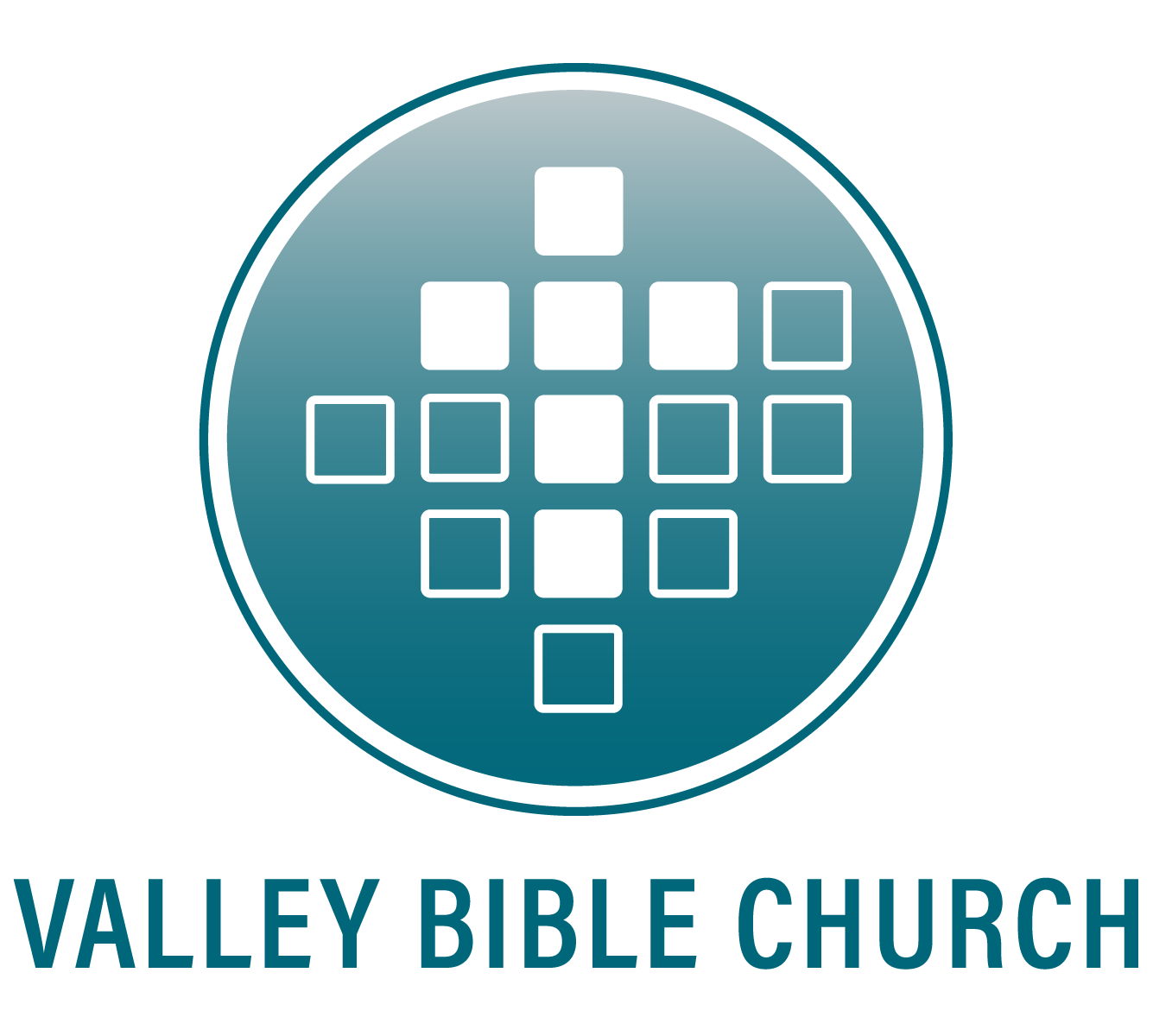6 Reasons Christianity Really IS a Relationship, Not a Religion (4 of 6)
You’ve likely encountered the expression: “Christianity is a relationship not a religion”. Perhaps you’ve also heard opinions to the contrary. It’s an important distinction. The two ideas are not the same. While the modern concept of religion may be convenient for professors and expedient for politicians and journalists, it actually distorts the Gospel. Members of Christ’s body should ask a pointed question: how did the biblical writers conceptualize their faith and practice? This is part four of a 6-article-series written to give you bible-informed confidence in a “relationship-focused” life in Christ.
If you’ve read this far in the series, you’re probably convinced about the Kingdom angle in the Bible. But that is only one of many relational images used throughout the Bible to describe Yahweh and his people.
#4 - Relationship language predominates in the Biblical story
Both literal and metaphorical, Biblical language is persistently relational. Yahweh is the initiator of communication with his people (1 Samuel 15:10, Hebrews 1:1-2, John 1:14). Yahweh is the initiator and guarantor of his covenants. (Genesis 12, Genesis 15, 2 Samuel 7, Jeremiah 31:31, Luke 22:20, Hebrews 8:8, 1 Corinthians 11:25, 2 Corinthians 3:6). Though Father/Child terminology increases in the New Testament, it is also used in the Old Testament (Exodus 4:22, Jeremiah 31:9, John 1:12, John 11:52, Romans 8:16, Ephesians 5:1, Philippians 2:15, 1 John 3:1).
The Bible’s smorgasbord of relational terminology, metaphor and symbolism includes:
Marriage/Adultery (Isaiah 54:6, 62:4, Jeremiah 3:14, 3:20)
Family metaphors are plentiful in both testaments (e.g. Exodus 4:22, Jeremiah 3:19, Ephesians 4:6, 1 Thessalonians 3:13, Acts 17:29, Hebrews 2:10, Galatians 4:6)
Shepherd/sheep metaphors (Psalm 23, 28:9, Isaiah 40:10-11, Jeremiah 31:10, Ezekiel 34:12, 23, Matthew 2:6, 9:36, John 10:11, 16)
Image/image bearers (Genesis 1:26, Romans 8:29)
Righteous judge/plaintiff (1 Kings 8:32, Psalm 7:8)
Friendship( 2 Chronicles 20:7, Isaiah 41:8, Exodus 33:11, John 15:5)
Savior/saved (Isaiah 49:5-6, 1 Timothy 4:10)
Even the provision of “rituals” by Yahweh for his people were not designed to benefit him but as the means for overcoming a “holiness differential” (1 Samuel 15:22, Isaiah 1:11-16, Micah 6:6-8 ). This was not (at least initially) a burden to them (Exodus 19:1-8) but necessary so they could experience an ongoing relational connection as Yahweh’s uniquely chosen people (Leviticus 17:11, Exodus 33:12-16). These purification practices and sacrifices disappear under the New Covenant since, in Christ, God himself provided the sacrifice necessary for unobstructed interpersonal relationship (Genesis 22:8, John 1:29, 1 John 5:10-12).
